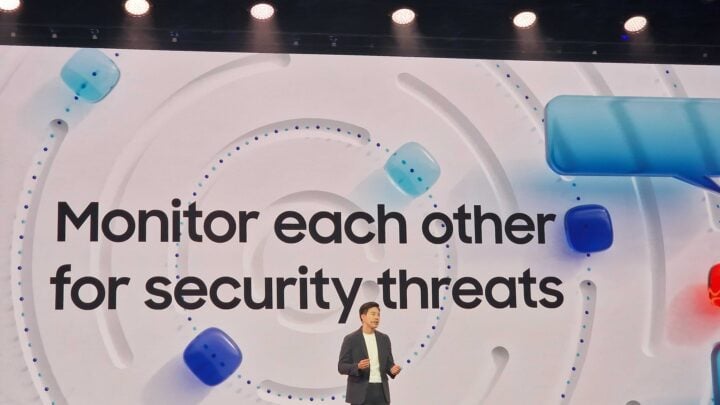- cross-posted to:
- samsung@lemdro.id
- cross-posted to:
- samsung@lemdro.id
cross-posted from: https://lemdro.id/post/2136203 (!samsung@lemdro.id)
Samsung is an industry leader when it comes to Android OS and security updates. There are only a few Android manufacturers that can match the four years of Android OS and five years of security updates that it provides. Never one to rest on its laurels, the company is now actively considering to expand the […]



Google hasn’t actually done the 7 years of support yet. If they were serious about long term support it wouldn’t have been just an announcement. They would be rolling out Android 14 to all the pixel devices from 7 years ago.
They won’t do that, because older Pixel phones used Qualcomm SoCs and Qualcomm didn’t support these SoCs for more than three Android versions.
They might technically be able to extend support for the Pixel 6 and up (Tensor SoC), depending on the contract and who, Google or Samsung, is responsible for providing the chipset drivers. But even if it is technically possible to extend support, it is probably also unlikely to happen due to the additional expenses it requires.
Overall it’ll be interesting to see how many phones actually live long enough to see their final update after seven years. Considering I already had to replace the battery on my three year old Pixel 5 once (which initially came with Android 10 and got updated to Android 14). USB connectors and broken screens are also common failure points for aging phones.
Sure, but it’s nicer that I would stop using my phone because it’s not worth repairing anymore rather than because it’s not supported.
This doesn’t stop Google supporting the older Qualcomm phones. It just means they need to be responsible for the drivers, or contract Qualcomm to do it (which will cost Google extra).
They would also need to take responsibility for any security issues related to the chipset. It is also not possible to upgrade proprietary firmware (e. g. for the modem) at all without support from the chipset manufacturer.
Fairphone doesn’t seem to care much about security (they use public keys for signing their OS afterall!), so they may be fine with those compromises.
Qualcomm is interested in selling new SoCs, so even if they actually offer support extensions, their fees are most likely very high to make it unprofitable for manufacturers to go this route.
Any source for that claim? Digital signing works with key pairs - a private one for signing and a public one for verifying that something was signed by the corresponding private key. So I take it you’re saying they publish the private keys used for signing somewhere?
At least the Fairphone 3 and 4 use public test keys in production:
Seems like at least the Fairphone 5 finally uses production keys: https://forum.fairphone.com/t/avb-keys-used-in-roms-for-fairphone-5/100314
That literally doesn’t make any sense. When Samsung announced it was going to 5 years it didn’t update all the stuff in the past. It’s a new thing starting with the new devices. They might give a little extension to devices still getting updates, but devices that already stopped getting updates are likely to have been upgraded from already and possibly harder to continue supporting.